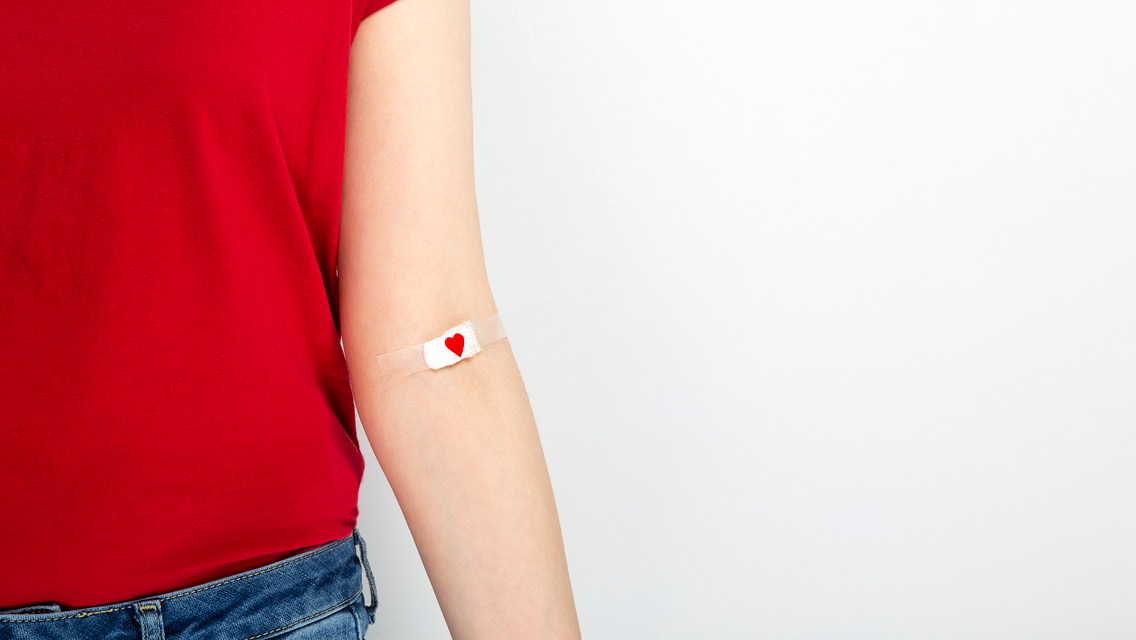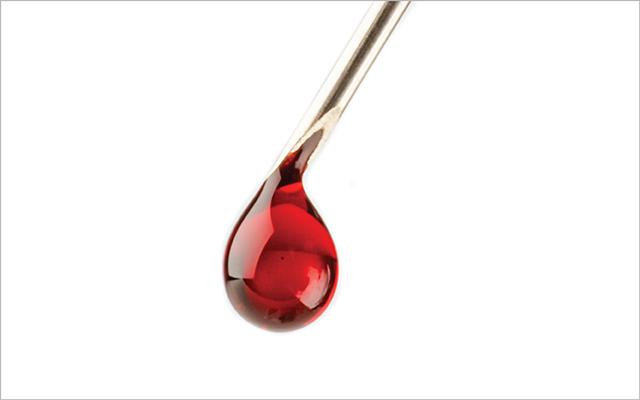Q: I give blood occasionally and have heard that doing so can have a short-term negative effect on athletic performance. Is this true?
A: Common sense says you should allow your body time to recover after giving blood. The big question is, how much time?
There are two concerns for athletes, say experts: reduced oxygen delivery to muscles and dehydration.
A typical blood donation is a pint, and its absence decreases oxygen delivery to your muscles by about 10 percent. Although it can take your body a month to replace those blood cells, the average athlete is unlikely to notice an effect.
When you engage in moderate activity levels, 90 percent oxygen-delivery capacity is still more than enough to meet your increased need. Still, says sports medicine physician and Ironman triathlete Jordan Metzl, MD, it is probably best not to give blood on the same day as an athletic event.
The bigger concern for athletes, Metzl warns, is dehydration. If you’re a little under-hydrated before giving blood, it’s possible that the additional fluid loss could dry you out enough to slow you down afterward. Listen to your body.
For elite endurance athletes, the calculus changes: A study of competitive cyclists found that while submaximal performance was unaffected by blood donation, maximal performance was compromised for up to a week. So if intense competition is in your future, err on the side of caution and avoid giving blood within at least seven days of an event.





This Post Has 0 Comments